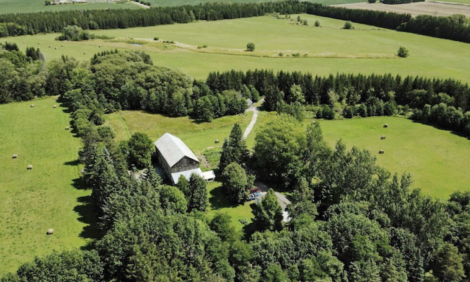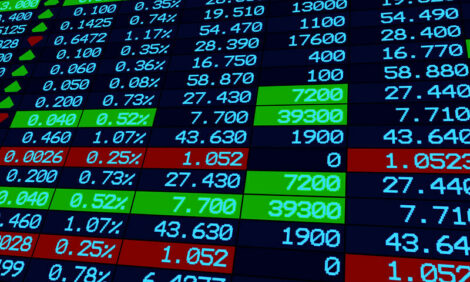



Australia eases US beef rules after 20-year restriction
Market shift unlikely as Aussie beef remains far cheaperAustralia will ease restrictions on beef imports from the United States, the country's agriculture ministry said on Thursday, potentially smoothing trade talks with U.S. President Donald Trump, who had attacked its rules, reported Reuters.
Still, the decision, which US Agriculture Secretary Brooke Rollins called a win for Trump, is unlikely to significantly boost US shipments because beef prices are much lower in Australia, analysts said.
Australia Agriculture Minister Julie Collins said in a statement a "rigorous science and risk-based assessment" had concluded that US measures to monitor and control the movement of cattle meant biosecurity risks were being effectively managed.
The government "will never compromise on biosecurity", she said, adding: "Australia stands for open and fair trade – our cattle industry has significantly benefited from this."
Canberra has restricted US beef imports since 2003 due to concerns about bovine spongiform encephalopathy (BSE), or mad cow disease.
Meat from animals born, raised and slaughtered in the US has been allowed into Australia since 2019. But few suppliers were able to prove their animals had been only in the US, because cattle frequently moved between the US, Canada and Mexico without being adequately tracked.
The US has been improving its ability to monitor animals' movements to limit the spread of avian influenza and the New World screwworm, a parasite that eats cattle alive.
Recognising those improvements, Australia will now also accept beef sourced from cattle born in Canada or Mexico and legally imported and slaughtered in the US, the agriculture ministry said.
Australian firms will be able to apply for import permits from July 28, it added.
Almost double
"Gone are the days of putting American farmers on the sidelines," US agriculture secretary Rollins said in a statement crediting Trump with opening Australia's market.
"It's absurd that non-scientific trade barriers prevented our beef from being sold to consumers in Australia for the last 20 years," she said.
News of Australia changing its policy was first reported by the Australian Financial Review. The report said Australia will use the easing of rules to argue its case for the US to wind back 50% tariffs on steel and aluminium and Trump's threat to impose a 200% tariff on pharmaceuticals. Collins said the decision was a purely scientific one.
Trump in April singled out the beef trade disparity with Australia after Australia's beef exports to the United States surged last year, reaching A$4 billion ($2.64 billion) amid a slump in US beef production.
Australia's biosecurity regimen aims to keep its cattle disease-free and help it preserve access to lucrative markets such as Japan and South Korea.
Industry body Cattle Australia and the shadow agriculture minister said there should be an independent review of the decision before it goes into effect.
"There is simply too much at stake," said Will Evans, Cattle Australia's CEO. "The highest level of caution must be exercised to protect Australia's beef industry."
US beef shipments to Australia restarted last year after a hiatus.
But exports remained tiny. Last year's shipment of 269 tons of beef to Australia was the most for any year, beating out the 263 tons sent in 1995, Australian customs data show.
Australia has shipped between around 150,000 tons and 400,000 tons of beef every year to the US since 1990, with US fast-food chains prizing Australian product for its lower fat content and competitive prices.
Cattle prices in the United States are almost always higher than in Australia and are currently double Australian levels, said Matt Dalgleish, a meat and livestock analyst at consultants Episode 3.
"This is not going to displace Australian beef in the Australian market," he said.



